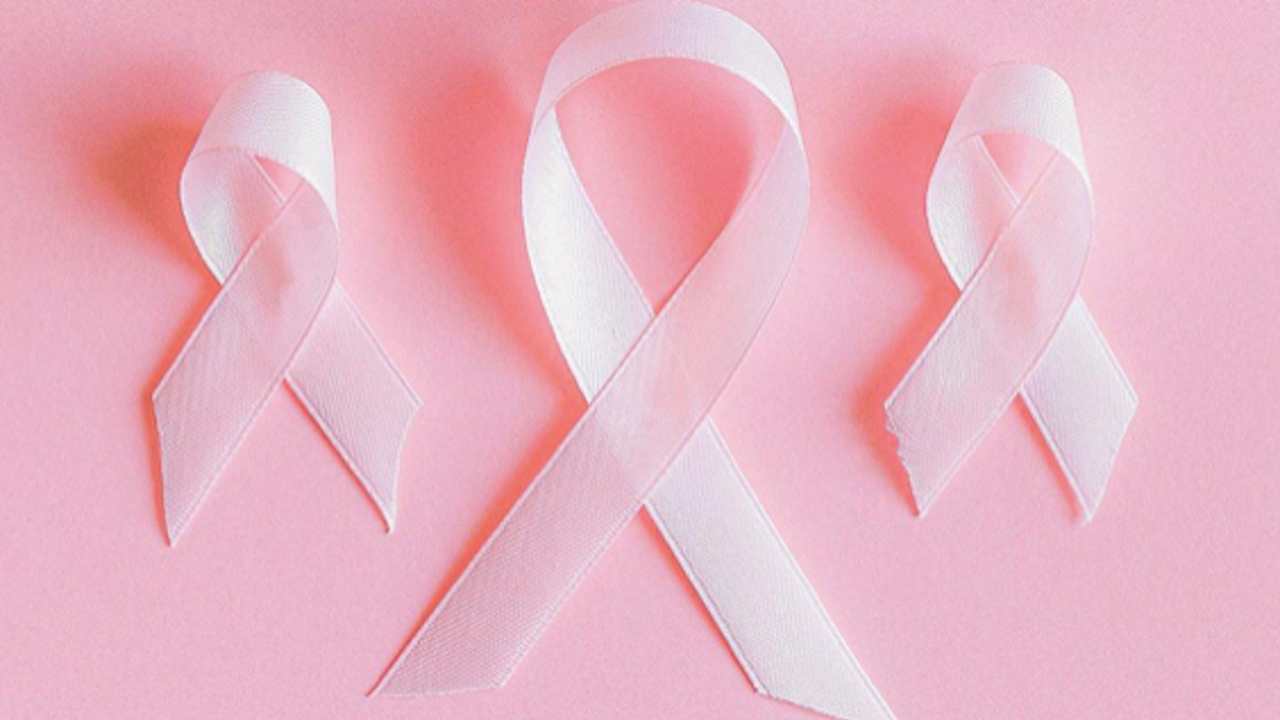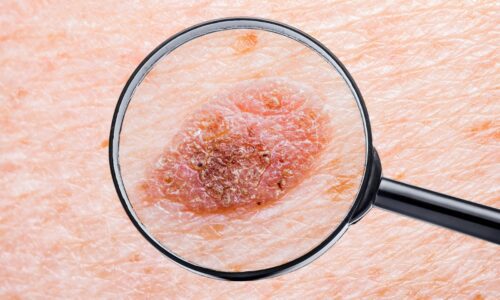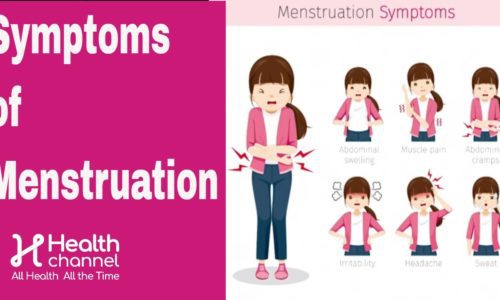7 Risk Factors For Breast Cancer | Health Channel |

Dr. Lauren Carcas, Medical Oncologist, at Miami Cancer Institute breaks down the unchangeable and changeable lifestyle risks of breast cancer.
1. Age
Age is a significant risk factor as it is known in general, breast cancer is a post-menopausal disease. However, doctors are finding an increased incidence in young women. So, age is a risk factor, but Dr. Carcas emphasized young women need to be very breast aware as they’re advocates for themselves and other women. They’re the population of women that tend not to be diagnosed as early, and they typically have more aggressive tumors.
2. Certain Races and Ethnicities
Women of the Caribbean and Africa and African descent have a higher risk of having a genetic predisposition, it is possible it could be due to a BRCA carrier. Additionally, she explains how doctors have associated BRCA mutations with the Ashkenazi Jewish population, which also has an increased risk.
3. Breast Density
In young women, our breasts tend to be denser, as you age, the density decreases. Dr. Carcas illustrates how this density makes reading a mammogram more difficult. A mammogram is an x-ray, and similar bones and how it shows up white on an x-ray, density, and cancer, both show up white making it difficult to diagnose.
4. Weight
Those who are overweight have more inclination to have breast cancer. The reason is that obesity increases breast cancer. The most common breast cancers are driven by hormones driven by estrogen. Though fat cells create estrogen, the heavier you are, the more adipose tissue and estrogen that you have puts you at a higher risk.
5. Exposure to Radiation
If you’ve been exposed to radiation or maybe you had prior treatments. People diagnosed with lymphoma or chest tumors earlier in life must be treated with radiation. The radiation to the breast and large doses increases the risk of breast cancer.
6. Hormone Replacement Therapy
Hormone replacement therapy in postmenopausal women reduced the risk of cardiovascular disease but increased the risk of breast cancer. This means it’s essential to know that your breast screening must be on time when taking those medications.
7. Smoking & Alcohol
Smoking is a risk factor for almost everything, but alcohol is not talked about as much. People who drink one drink daily obtain 10 grams of alcohol daily, with a 7-10% increased risk of developing breast cancer. People who drink 2-3 drinks daily have a 20% increased risk of developing breast cancer. The way alcohol is metabolized in the body, it creates a chemical called acetaldehyde. If it is not metabolized quickly, Acetaldehyde accumulates, becomes toxic to cells, and is carcinogenic. It is a pro-cancer-forming chemical, so it damages the DNA and increases the risk of cancer. Dr. Lauren Carcas says it is about making those lifestyle changes and keeping everything in keyword moderation.
To watch the full segment of Dr. Carcas explaining breast cancer, visit: https://youtu.be/5ndUjOTvzQo








